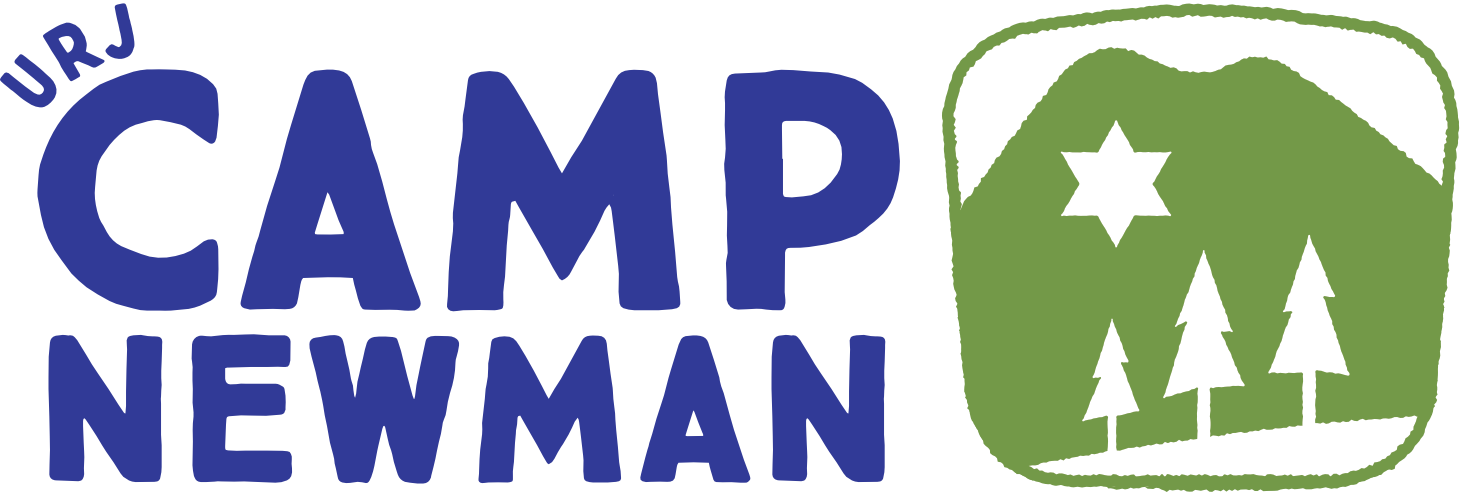by Rabbi Allie Fischman
Camp Director
This week’s parashah, Vayeitzei in the book of Genesis, gives us so much to think about: Jacob’s dream with the angels and his marrying two of Laban’s daughters when he’s tricked into marrying Leah only to work and wait seven more years to marry his beloved, Rachel.
The piece of the parashah I’m most drawn to is a little off the beaten path, perhaps overlooked for the juicier parts of the story. That detail is how Leah’s eyes are described as “rakot” or weak. There are many interpretations about what this means but for me, every year when we read Vayeitzei, I can’t help but see myself in this Torah portion.
If you’ve ever met me or watched one of my videos here with camp, you know that my eyes are different. I have a lazy eye, a result from overcorrection for strabismus (crossed eyes) surgery as a baby. Growing up, I was always self-conscious about my eyes and as I’ve grown older (and the world has become even more understanding of physical differences), I have come to know and understand that my eyes are just what they are. I can’t change them, they are a part of me. I’ve come to know how to talk about it when people are curious or clearly uncomfortable.
Camp is one of the places where I feel I never need to explain myself to people but but I am always aware of how we include everyone because of my own difference. When we do mixers, I never lead them where we need to have eye contact with other folks around the circle…I’m good at many things but my lazy eye makes it confusing for others if I’m asked to make eye-contact with someone. This is but one example of how I, and by extension, our camp community aims to honor each and every person for who they are and what makes them unique. Where we miss the mark – where we overlook – is when we fail to take the time to ask ourselves, or more importantly the people we’re engaging with, how we experience belonging so that we can, through universal design, build a space of true belonging. This is our on-going task at camp, and in the world.
All that being said, my difference, my disability, has never stopped me from doing the things I’ve wanted to do like become a Rabbi and Camp Director, and that’s partially because no one ever told me it should or made me feel the other or excluded. My family, my mentors, my community have always encouraged me to do everything I dreamed to do. I know it is not the case for many folks who live with a disability. I hope that in my small way, I’m encouraging others to create a space of belonging, as it was created for me, because at camp, everyone is encouraged to become who they want to be and who they are meant to be.
Shabbat shalom, Camp Newman
